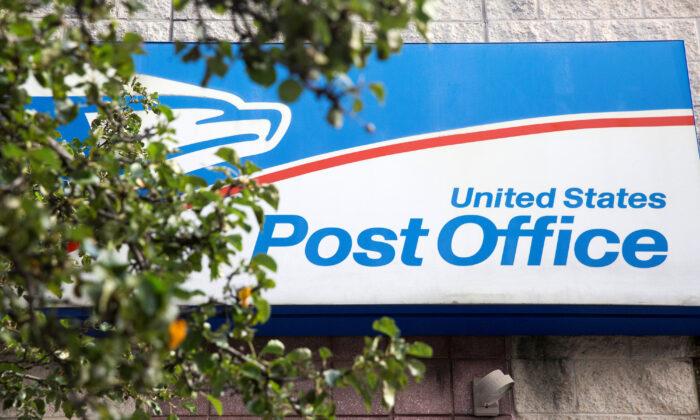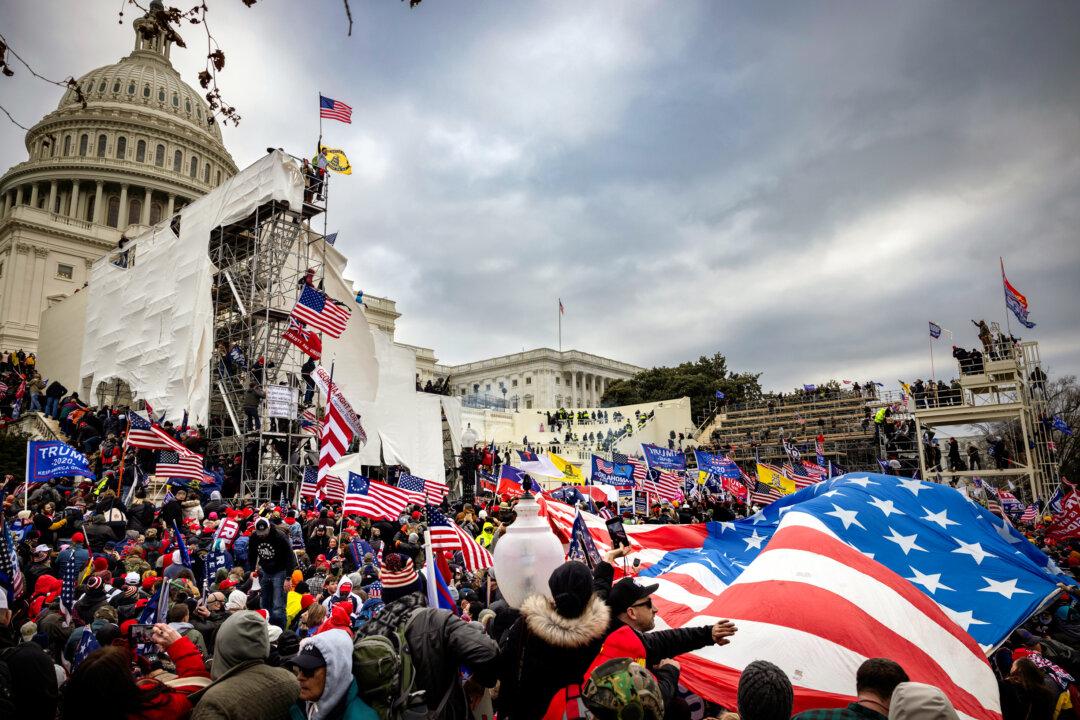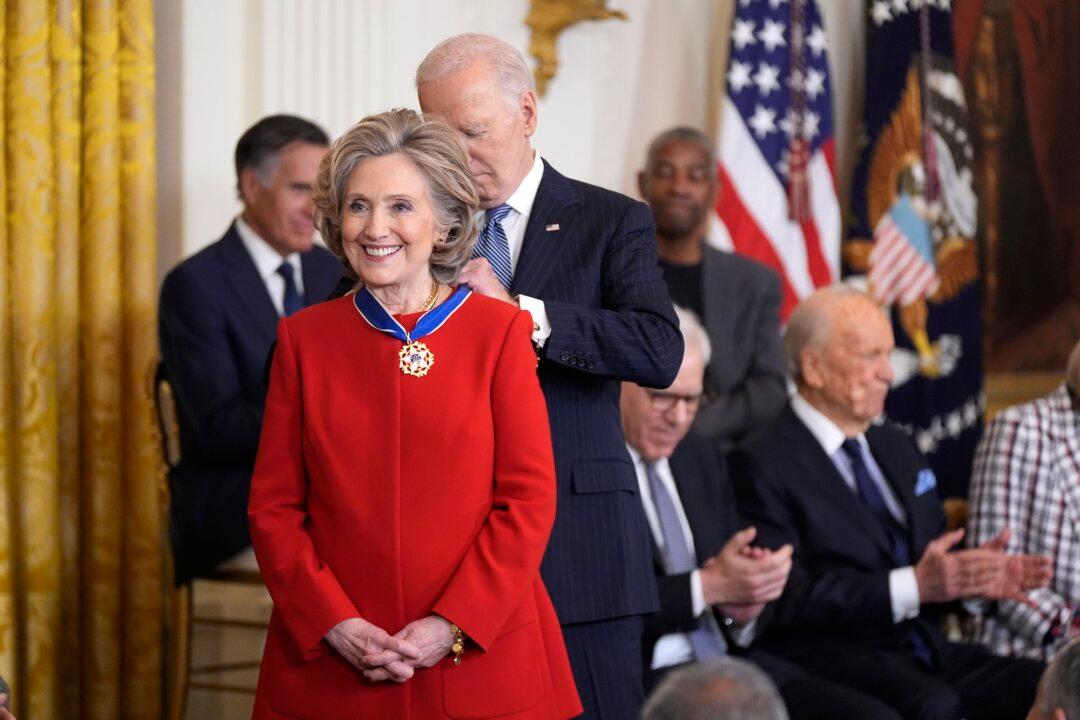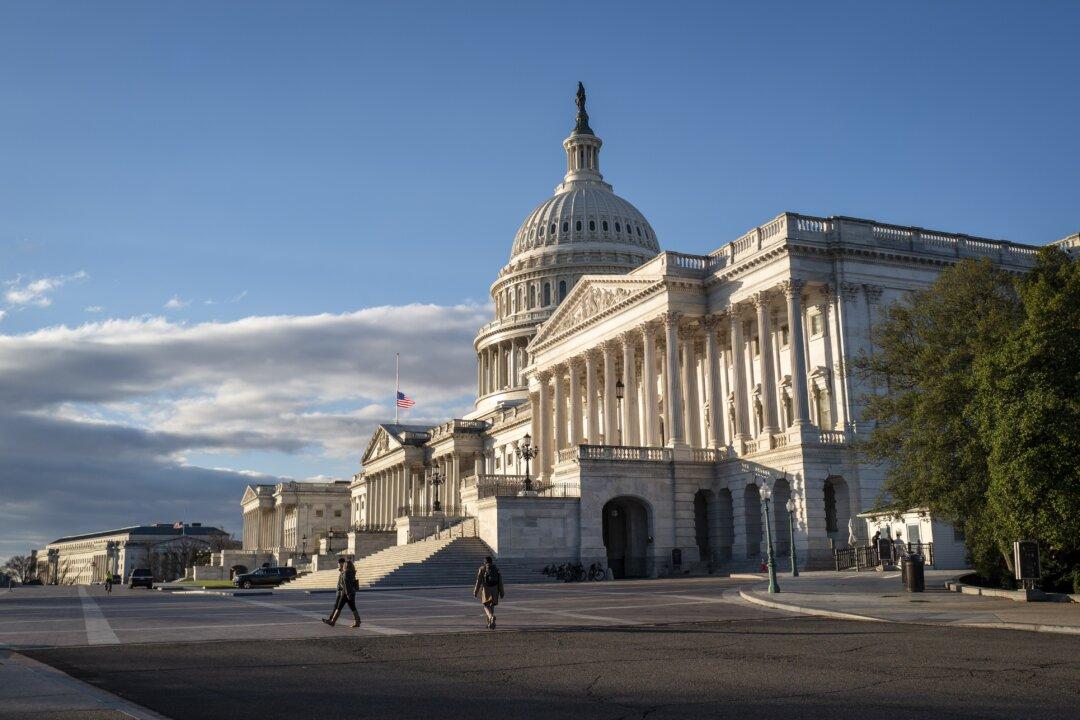The U.S. Postal Service (USPS) announced Aug. 14 that it’s seeking to raise prices on a number of its mail options starting about two weeks before the November general election.
A representative said the increase won’t affect the types of products that are used to deliver absentee ballots.
The USPS said in a release that it’s filed notice of the planned price increases with the Postal Regulatory Commission, a body that reviews and ultimately decides if any price change proposals can proceed. The rate increases, which are time-limited and cover all commercial domestic competitive package volume, are scheduled to go into effect on Oct. 18.
“The planned temporary price adjustments are in response to increased expenses and heightened demand for online shopping package volume due to the coronavirus pandemic and expected holiday e-commerce,” the agency said, adding that the rise pertains only to commercial packages, leaving retail prices unaffected.
The increases, which range from 24 cents to $1.50 on products such as Parcel Select Destination Deliver Unit and Priority Mail Express Commercial, are scheduled to expire on Dec. 27.
The changes won’t affect election mail and that the changes “are completely unrelated to the election,” Kim Frum, a senior public relations representative at the Postal Service, told The Epoch Times in an emailed statement.
The two main classes of mail that are used for absentee ballots are First-Class Mail and USPS Marketing Mail. Voters must use First-Class Mail, or an expedited level of service, to mail their ballot request as well as the ballots themselves. Election officials can use either First-Class Mail or Marketing Mail to send out blank ballots.
The price increases are driven by the need “to protect our financial situation and to continue meeting the needs of the American public,” Frum said.
The announcement follows a USPS Board of Governors meeting, at which Postmaster General Louis DeJoy warned that the agency faces a “dire” financial position and that unless major changes are made, the Postal Service will find itself in the midst of a full-blown financial crisis.
Last month, DeJoy imposed several cost-cutting measures meant to address the Postal Service’s longtime financial problems, including cutting overtime and mandating that mail be kept until the next day if distribution centers are running late.

Still, DeJoy insisted in Aug. 7 remarks that, despite the cuts, the Postal Service is “not slowing down Election Mail or any other mail.” That came after lawmakers from both parties criticized DeJoy’s cuts, with 84 House members, including four Republicans, arguing in a letter that it is “vital that the Postal Service does not reduce mail delivery hours, which could harm rural communities, seniors, small businesses, and millions of Americans who rely on the mail for critical letters and packages.”
Further elevating concerns that the USPS may not be able to cope with an expected surge in mail-in ballots as Americans seek to reduce the risk of exposure to the CCP virus by avoiding polling stations, the agency said Aug. 14 it warned 46 states that they are at risk of having their residents’ mail-in ballots not be counted in the November election. That’s because of state laws that allow tight vote-by-mail deadlines that the USPS may operationally not be able to meet.
The filing asks the court to order that mail-in ballots will be countable as long as election officials receive them up to 3 days after Election Day.
In his letter, Marshall urged authorities to require that residents request ballots at least 15 days before an election, “and preferably long before that time,” rather than the shorter periods permitted under some states’ laws.
“This mismatch creates a risk that ballots requested near the deadline under state law will not be returned by mail-in time to be counted,” Marshall wrote in the letter.
Trump, a vocal critic of the Postal Service, contended recently that “the Post Office doesn’t have enough time” to handle a significant increase in mail-in ballots.
“I mean, you’re talking about millions of votes. ... It’s a catastrophe waiting to happen,” Trump said.
It comes as some lawmakers in Washington have raised concerns about delays in mail delivery amid reorganization efforts at the Postal Service.
“Prior to 2020, it was the practice of the Postal Service to prioritize the delivery of all election mail, including voter-registration materials, absentee ballot requests, and ballots, to meet the equivalent of First Class delivery times no matter what class of mail was used to send it,” the lawmakers wrote, asking DeJoy pointedly, “Will the Postal Service commit to continuing this practice?”
The lawmakers asked DeJoy to provide answers to that and other questions, including to indicate what service standards that postal workers have been directed to apply to election mail, by Aug. 25.





